Milford Sound: A Day of Outdoor Adventures for Locals
Milford Sound, New Zealand
1 days
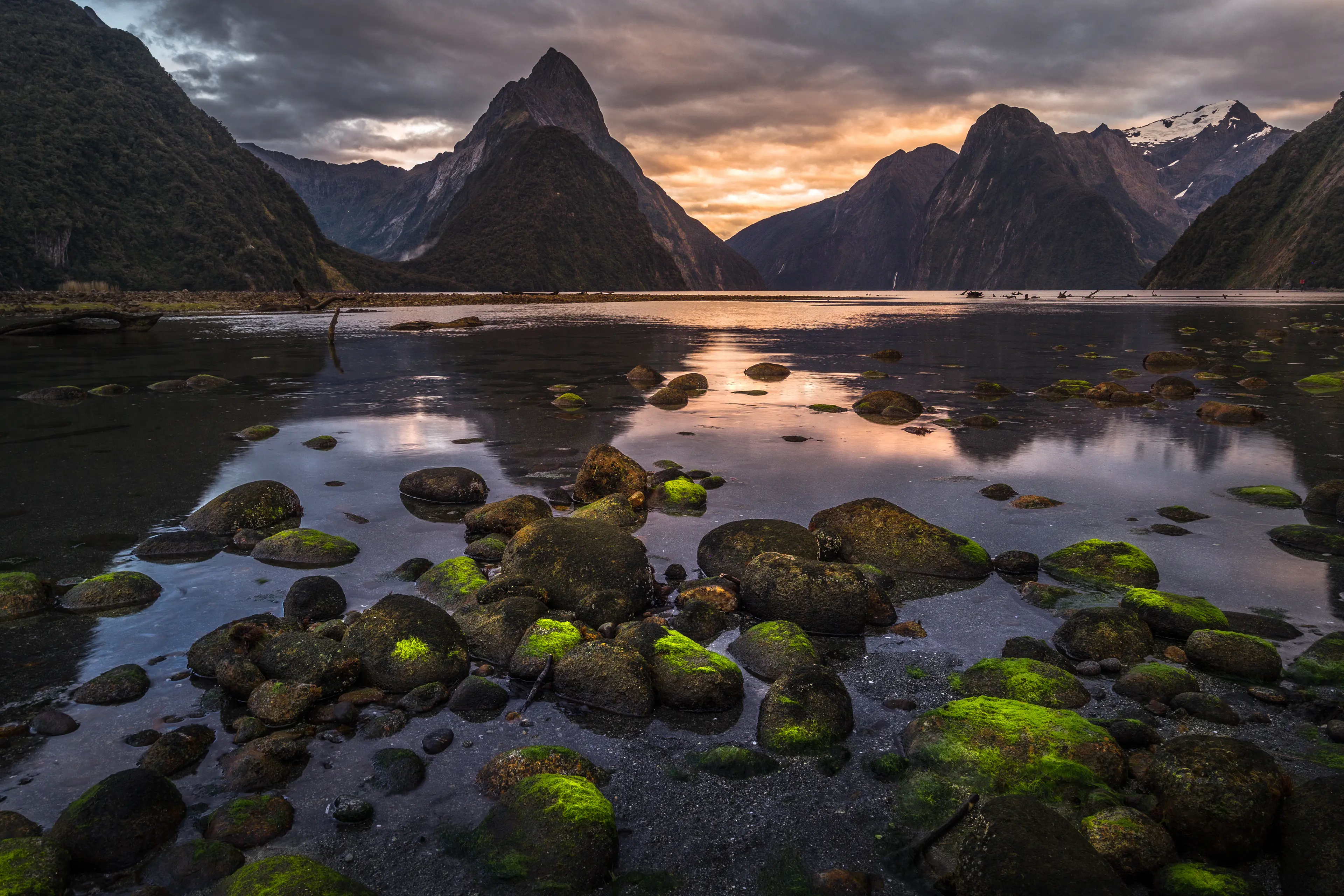

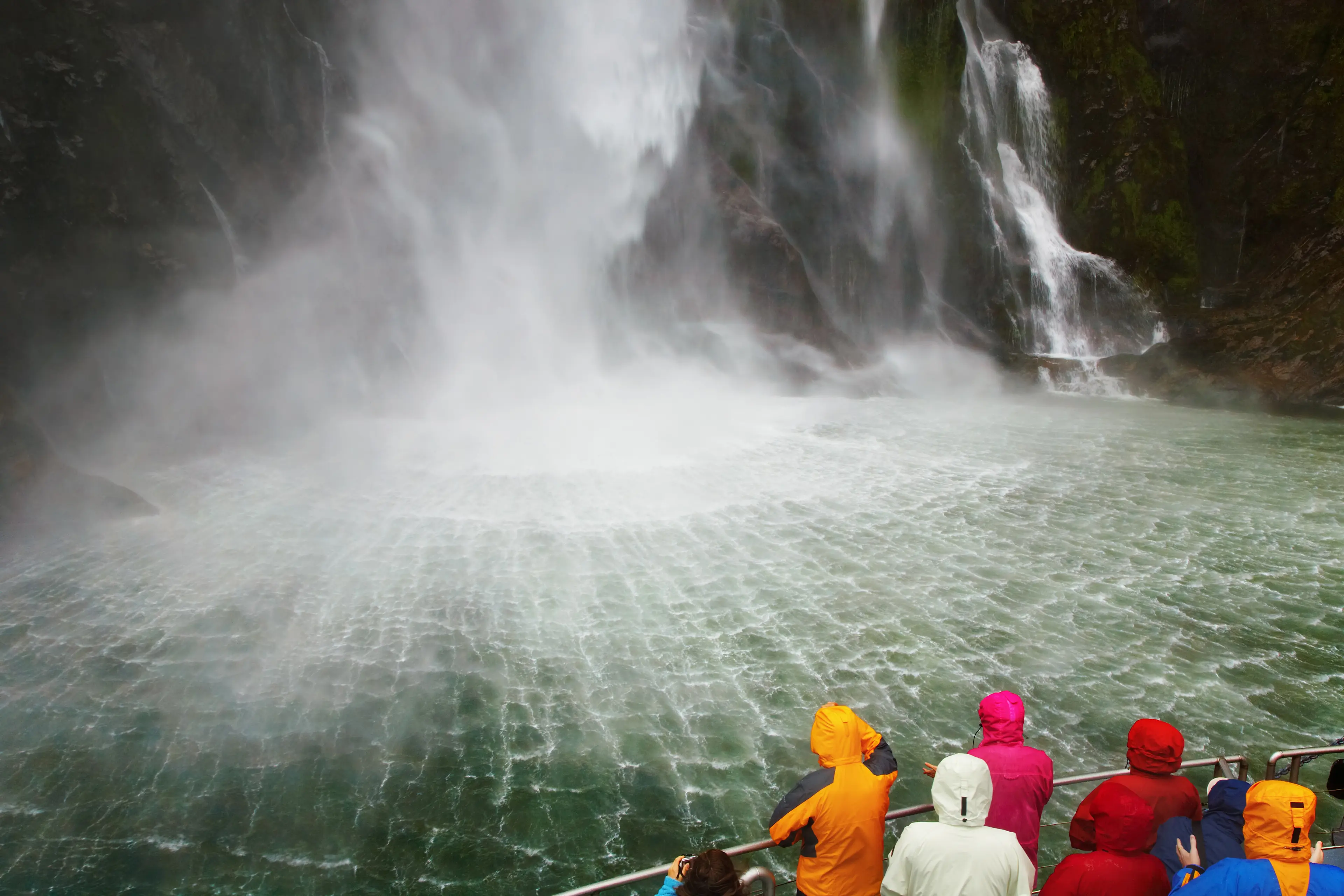

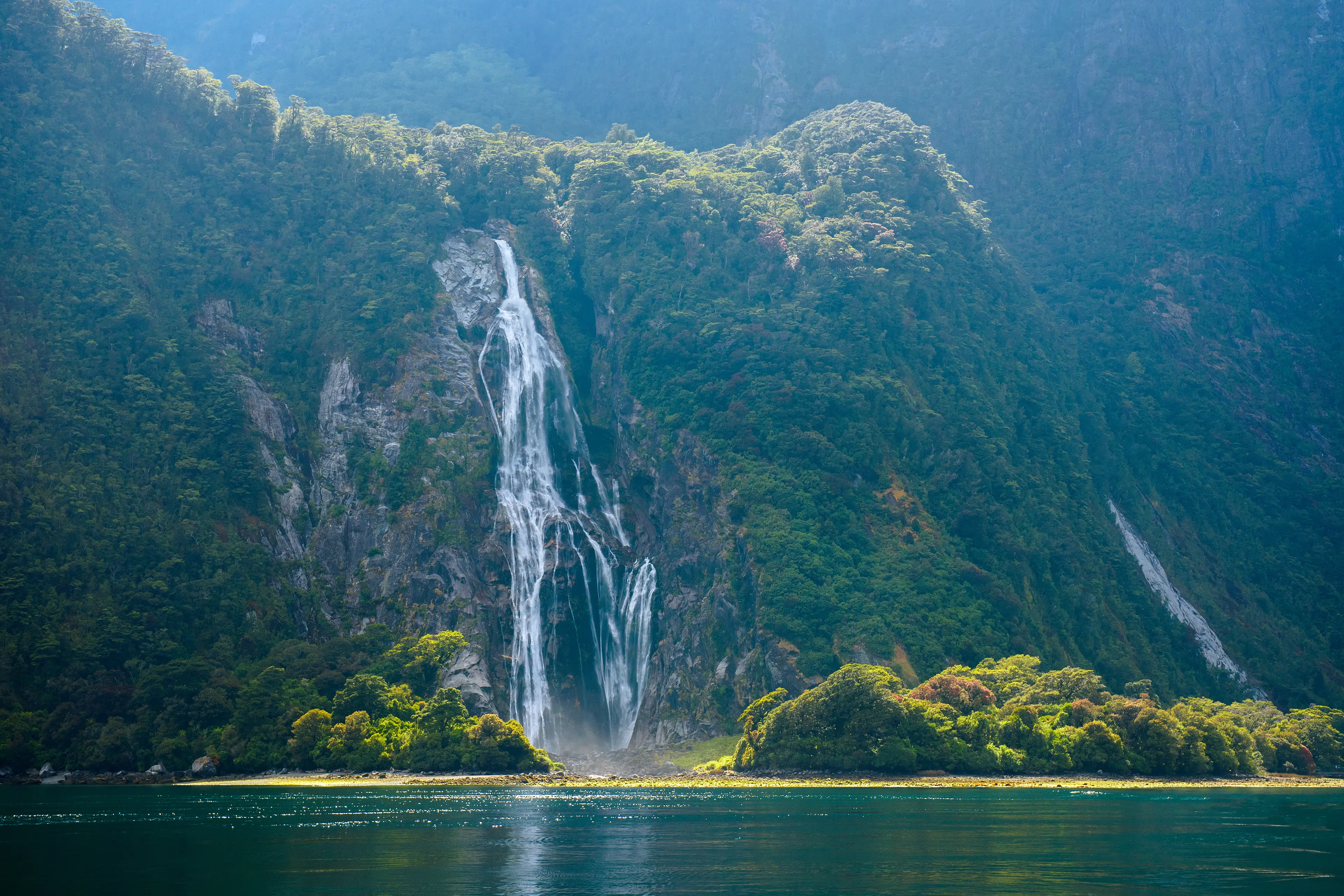
About Milford Sound, New Zealand
Experience the breathtaking beauty of Milford Sound, New Zealand, a world-renowned natural wonder. Nestled within Fiordland National Park, this majestic fiord boasts dramatic cliffs, cascading waterfalls, and diverse marine life. Embark on a scenic cruise, kayak through tranquil waters, or hike the Milford Track for unparalleled views. Spot seals, dolphins, and penguins in their natural habitat. Visit the underwater observatory for a unique glimpse of aquatic life. With its stunning landscapes and abundant wildlife, Milford Sound offers an unforgettable adventure for nature lovers. Whether you're seeking tranquility or thrill, this spectacular destination promises an immersive experience in one of the world's most pristine environments.
1-Day Itinerary
Attractions in Itinerary (5)

1Milford Track
One of the most famous hiking trails in New Zealand, the Milford Track takes you through the heart of Fiordland National Park and offers stunning views of the surrounding mountains and waterfalls.

2Fiordland National Park
A vast wilderness area covering over 1.2 million hectares, Fiordland National Park is known for its stunning natural features including mountains, lakes, and rainforests.

3Scenic Cruise
A scenic cruise in Milford Sound offers the opportunity to see stunning fjords, waterfalls, and wildlife such as seals, dolphins, and penguins. It's a must-do experience for any visitor to the region.

4Mitre Peak
One of the most photographed peaks in the country, Mitre Peak rises dramatically from the waters of Milford Sound to a height of 1,692 meters.

5Milford Sound Foreshore Walk
A short and easy walk that offers stunning views of Milford Sound and Mitre Peak, perfect for all fitness levels.
Local Food and Drinks (12)
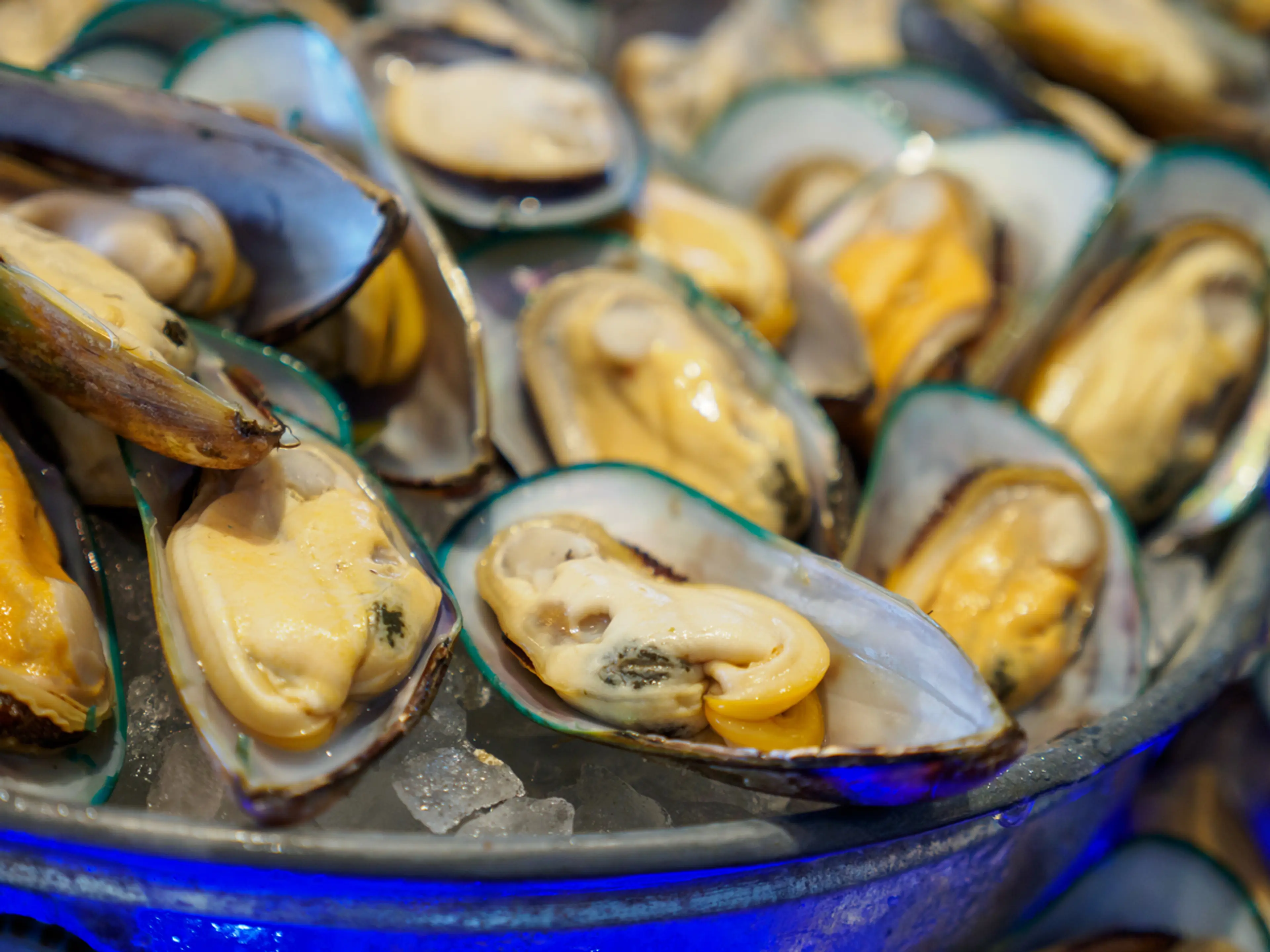
Green-lipped Mussels
A popular seafood delicacy in Milford Sound, these mussels are known for their unique green color and large size. They are often served steamed with a garlic and white wine sauce.
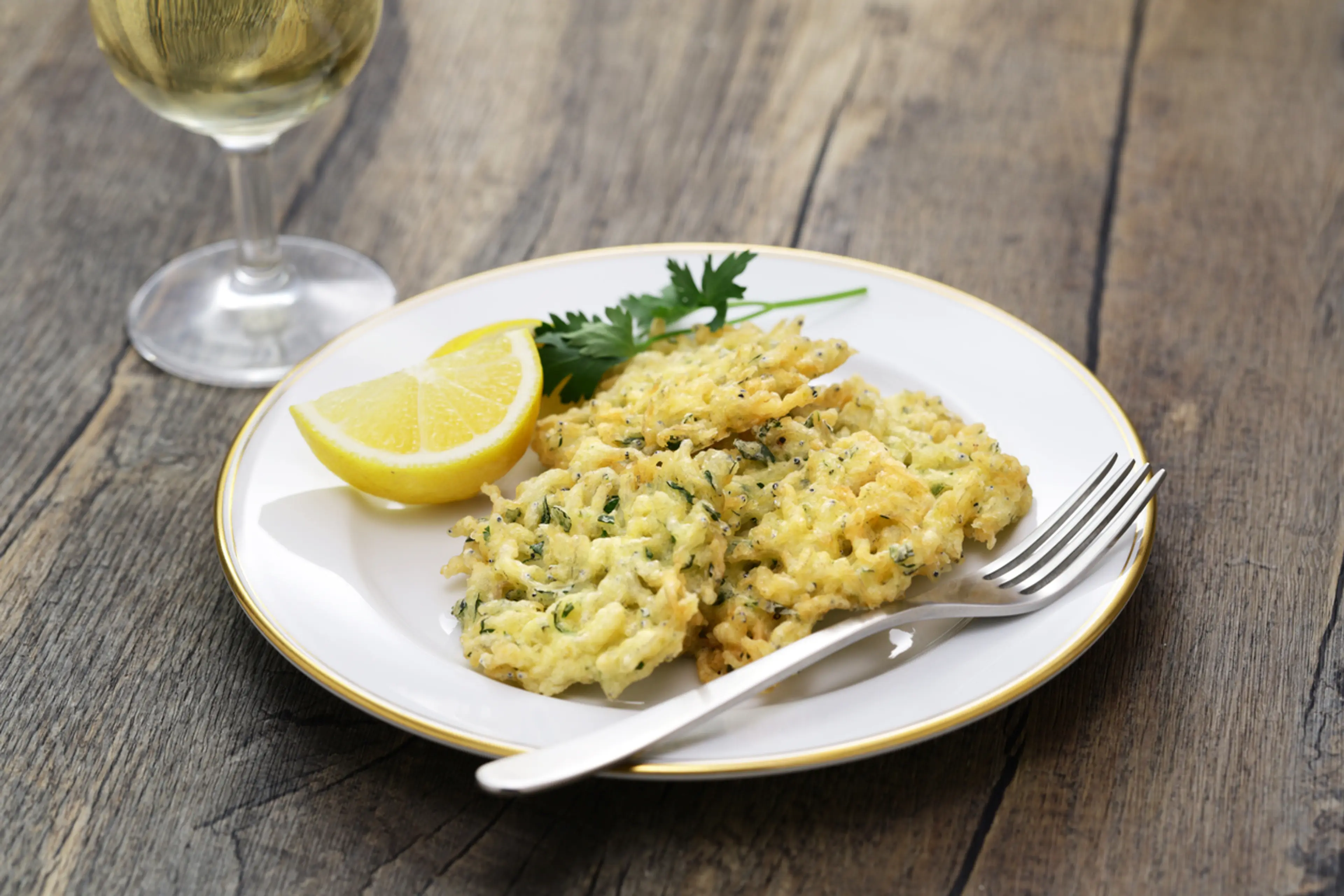
Whitebait Fritters
A traditional New Zealand dish made from tiny, immature fish. The whitebait are lightly fried in a simple batter, resulting in a delicate and delicious fritter.

Lamb Roast
New Zealand is famous for its high-quality lamb. A traditional roast lamb is a must-try, often served with rosemary and garlic, and accompanied by roasted vegetables.
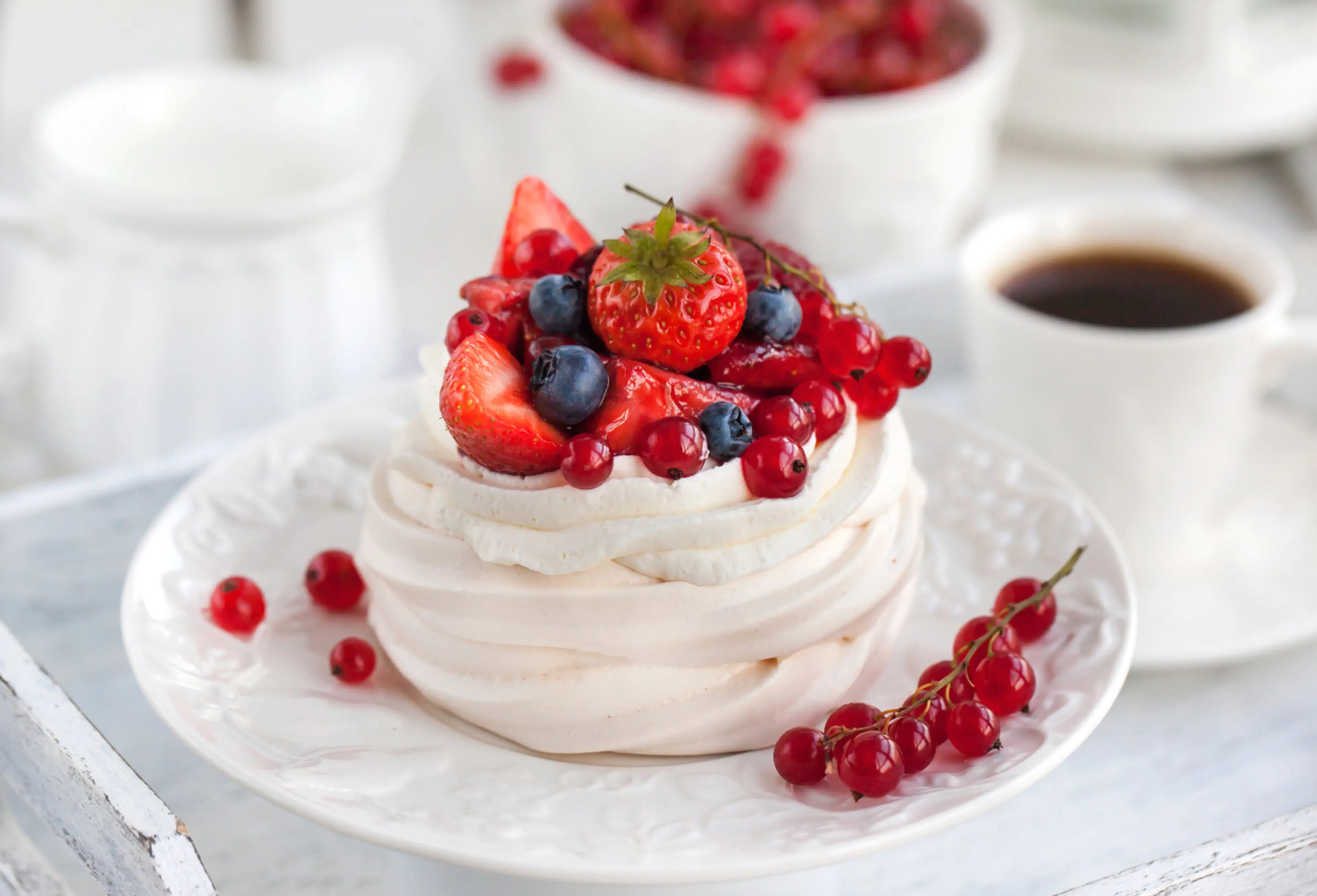
Pavlova
A popular dessert in New Zealand, Pavlova is a meringue-based dessert named after the Russian ballerina Anna Pavlova. It has a crisp crust and soft, light inside, usually topped with fruit and whipped cream.
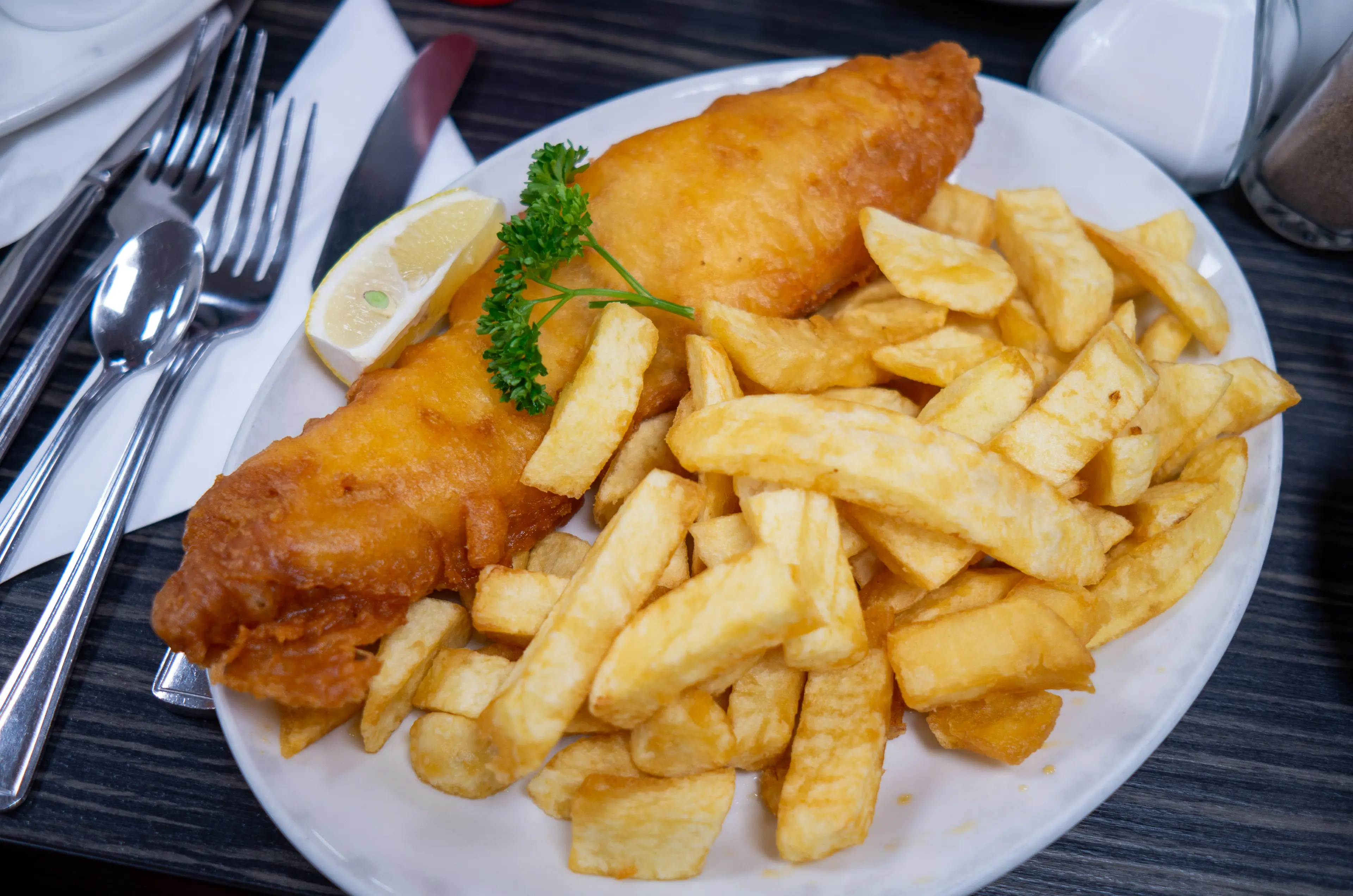
Fish and Chips
A classic dish in New Zealand, often enjoyed by the seaside. Freshly caught fish is battered and deep-fried, served with crispy chips.
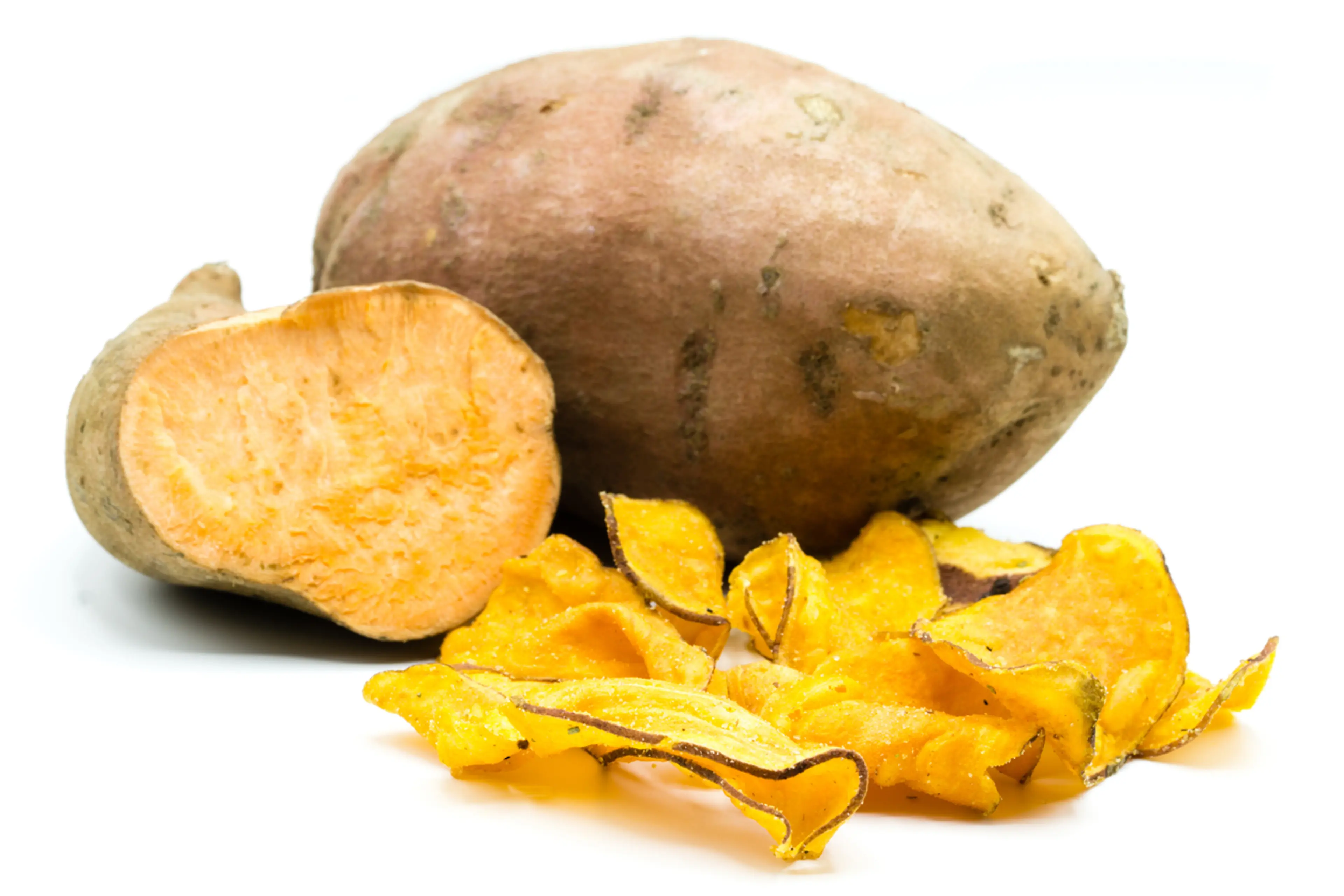
Kumara
Kumara is the Maori name for sweet potato and is a staple in many New Zealand dishes. It can be roasted, mashed, or used in salads and desserts.
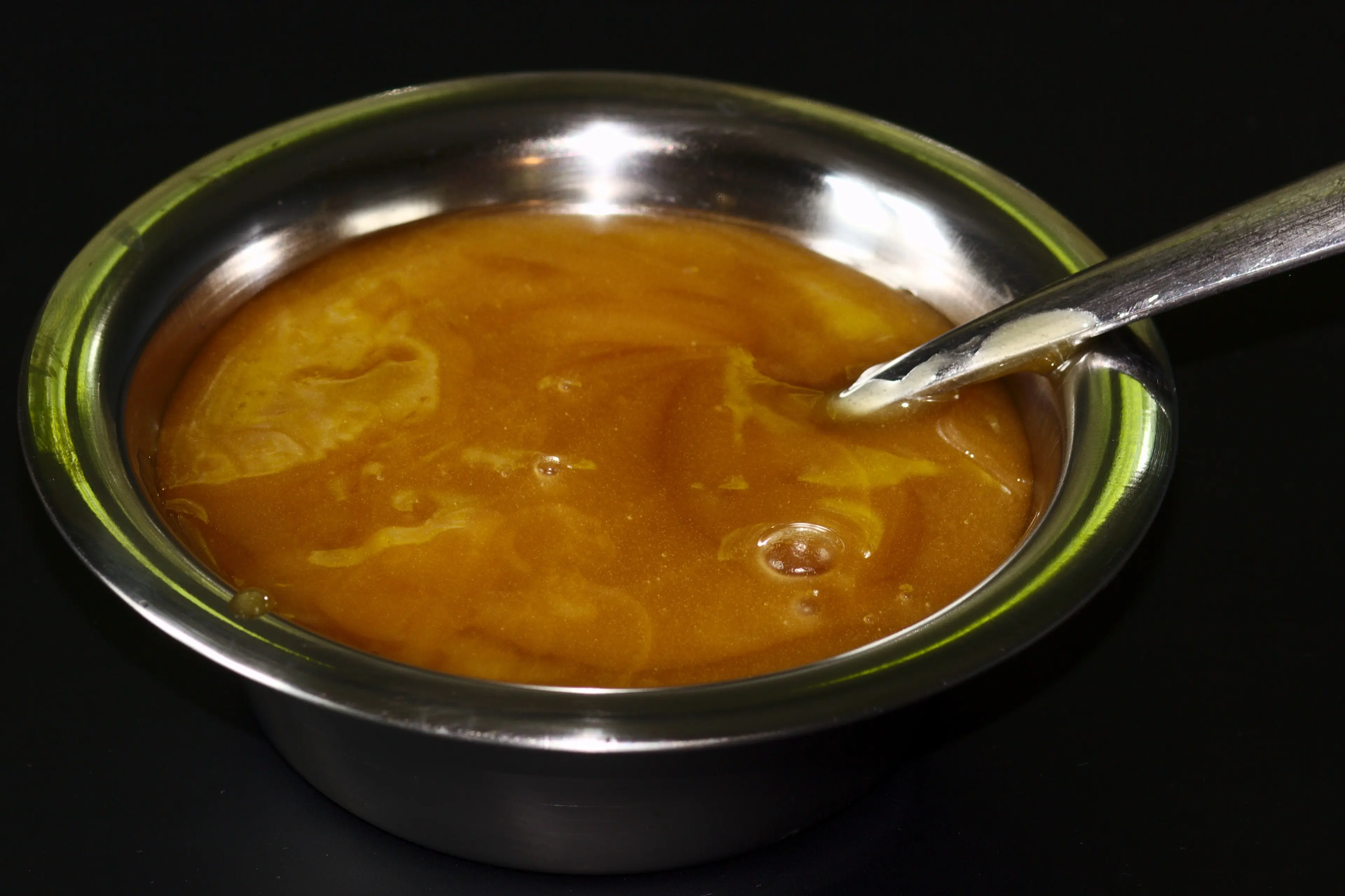
Manuka Honey
Manuka honey is a unique type of honey produced in New Zealand from the nectar of the Manuka tree. It is known for its rich flavor and potential health benefits.
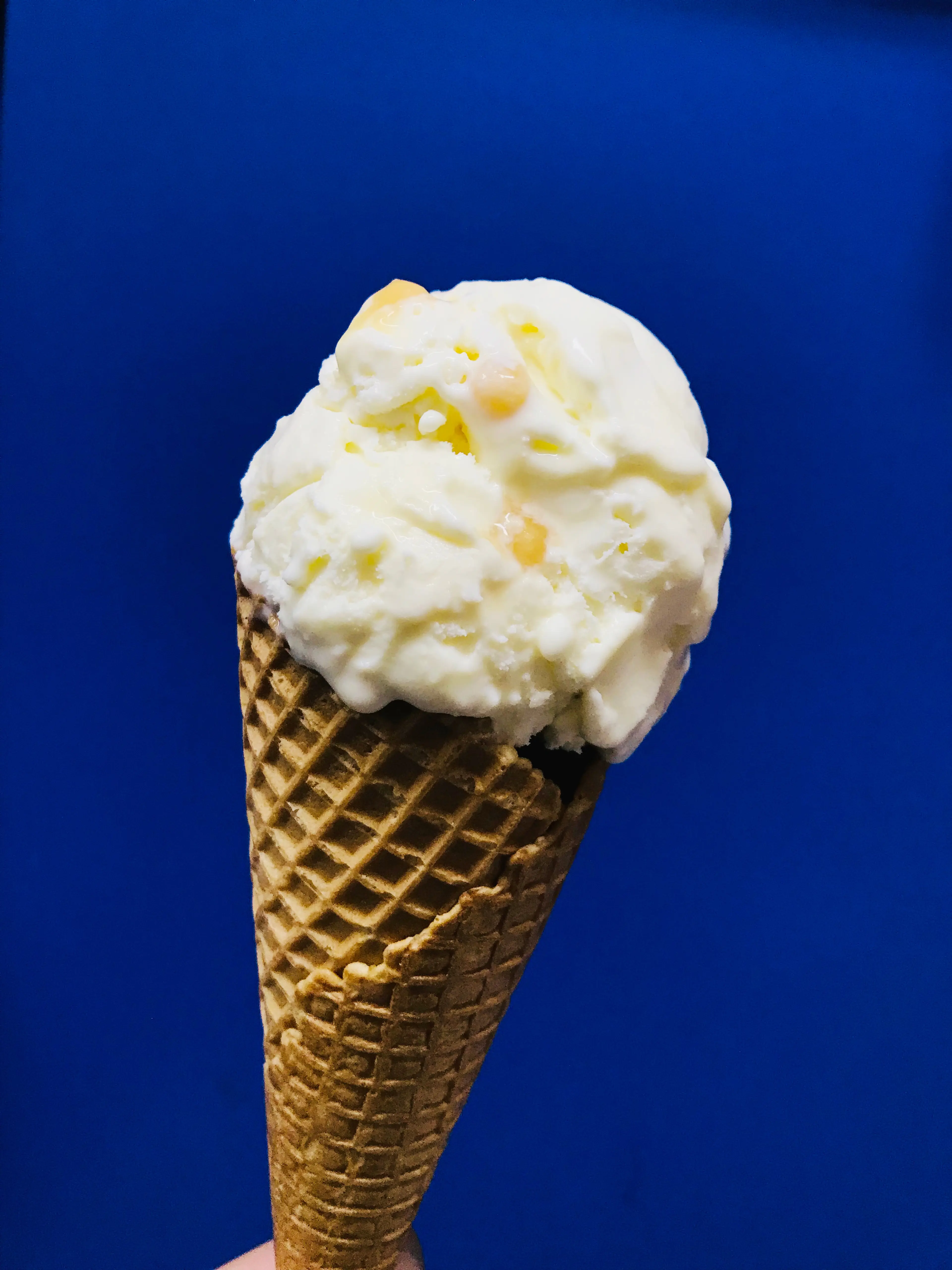
Hokey Pokey Ice Cream
A popular ice cream flavor in New Zealand, Hokey Pokey consists of plain vanilla ice cream mixed with small, solid lumps of honeycomb toffee.
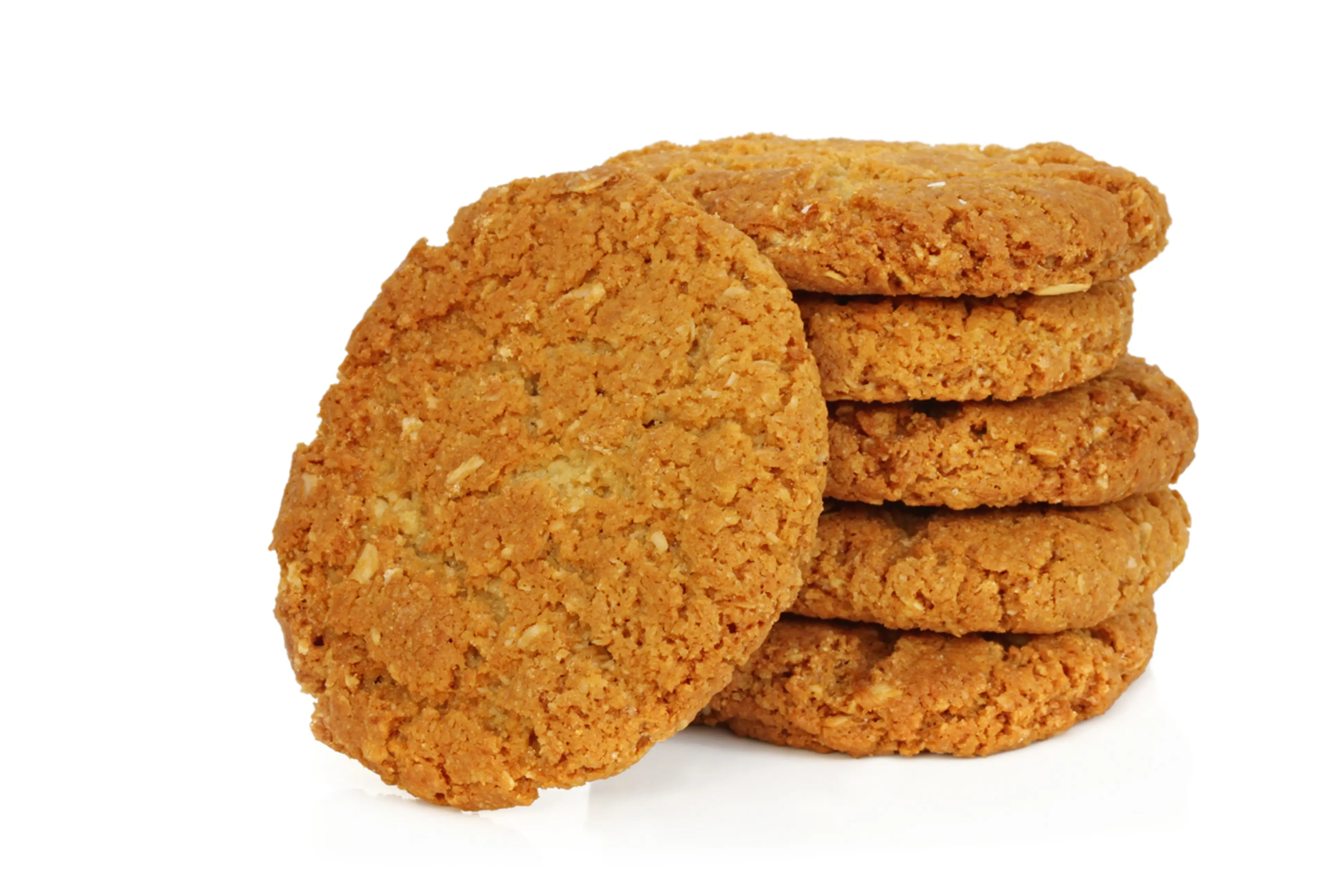
Anzac Biscuits
Traditional oatmeal and coconut biscuits that have a historical significance, as they were originally made to send to the ANZACs (Australian and New Zealand Army Corps) serving in World War I.
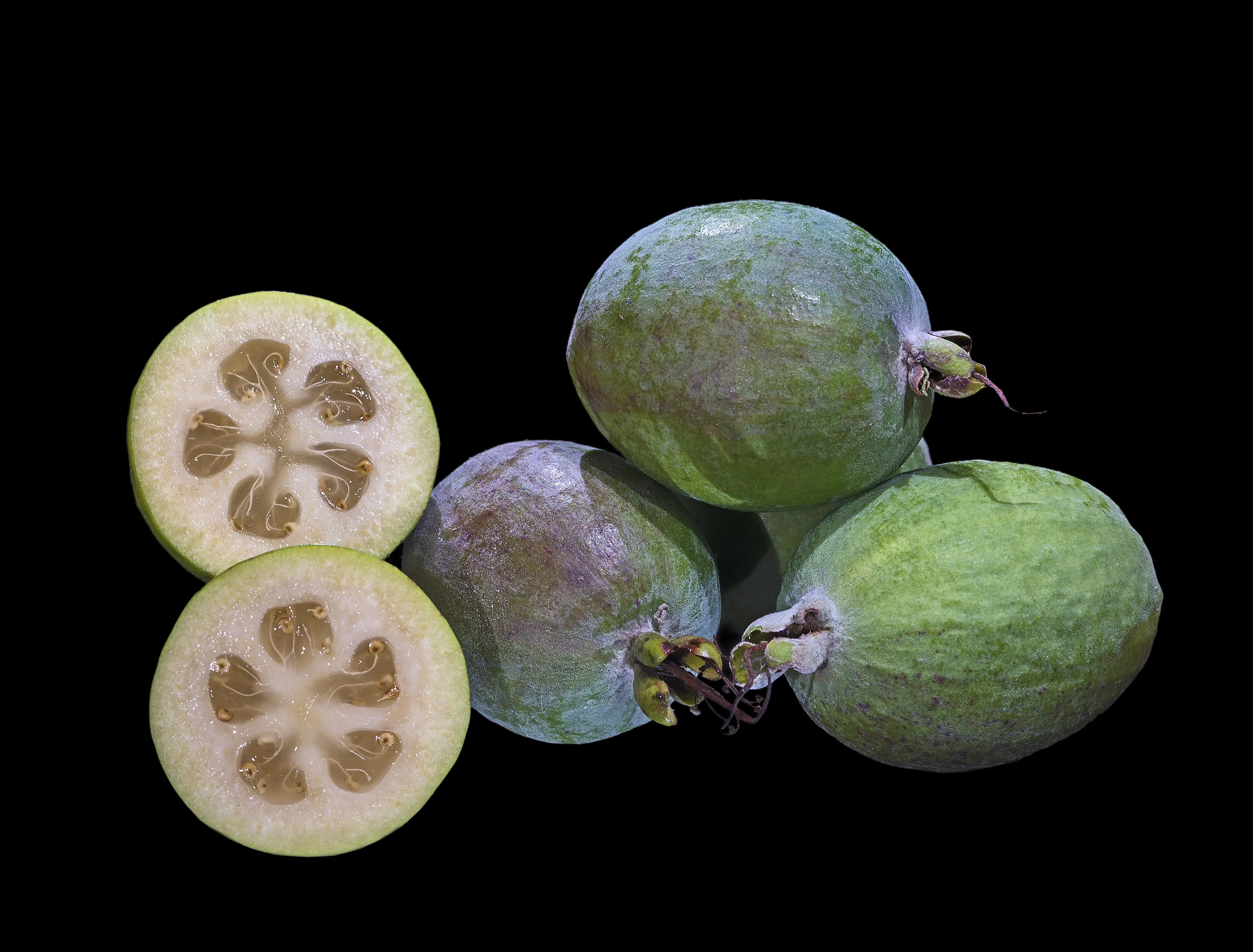
Feijoa
Feijoa is a fruit native to South America but is widely grown in New Zealand. It has a sweet, aromatic flavor that is likened to pineapple, guava, and strawberry.
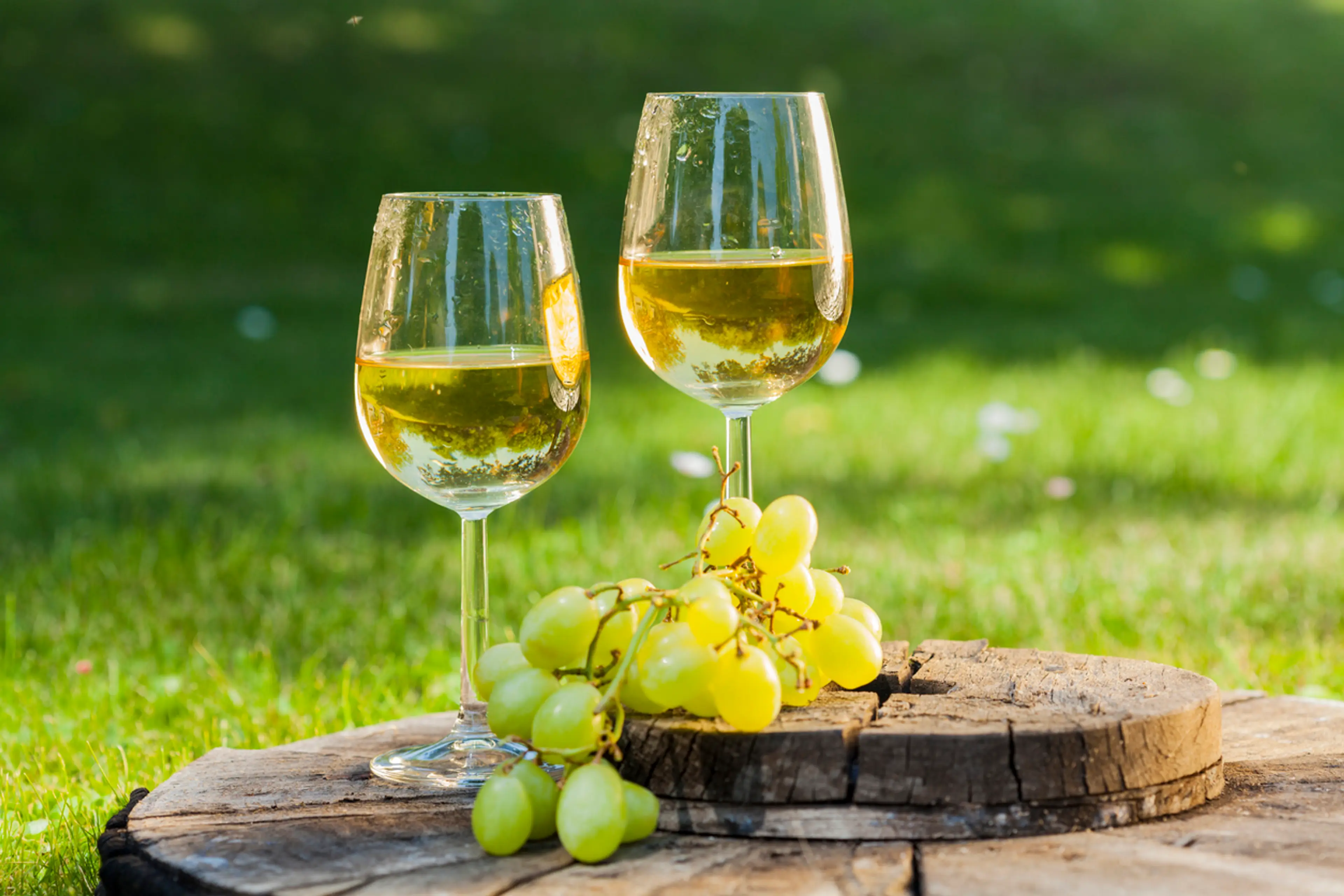
Sauvignon Blanc
New Zealand, particularly the Marlborough region, is famous for its Sauvignon Blanc wine. It's known for its strong, refreshing flavors of tropical fruit and herbs.

Flat White
A popular coffee beverage in New Zealand, the Flat White is similar to a latte but with less milk and more espresso, resulting in a stronger coffee flavor.
Best time to visit
The best time to visit Milford Sound, New Zealand, is during the summer season, from December to February. During this time, the weather is generally warm and pleasant, making it ideal for outdoor activities such as hiking, kayaking, and wildlife viewing. However, it's important to note that Milford Sound is known for its rainfall, which can occur at any time of the year. The rain, however, adds to the beauty of the area by creating stunning waterfalls. If you prefer a quieter visit, consider the shoulder seasons of spring (September to November) and autumn (March to May). These periods offer milder weather and fewer crowds.
How to get around
Car
Driving is one of the most popular ways to get around Milford Sound. The journey from Queenstown to Milford Sound is approximately 4 hours, and from Te Anau, it's about 2 hours. The roads are well-maintained and the scenery along the way is breathtaking. Remember to fill up your tank before you leave as there are no fuel stations in Milford Sound.
Coach Tours
There are numerous coach tours that operate from Queenstown and Te Anau. These tours often include a cruise on the fjord and provide informative commentary along the way. This is a great option for those who prefer not to drive.
Flight
Scenic flights are available from Queenstown and Te Anau. This is a quick and spectacular way to reach Milford Sound. Flights often include a cruise on the fjord.
Cruise
Once you're in Milford Sound, cruising is the best way to explore the fjord. There are a variety of cruises available, from short scenic cruises to overnight cruises.
Kayaking
For the more adventurous, kayaking is a great way to explore the quieter parts of the fjord. There are guided tours available, and it's a great way to get up close to the wildlife.
Hiking
There are several walking tracks in the area. The Milford Track is one of the most famous walks in New Zealand. There's also the shorter Foreshore Walk, which is an easy 30-minute loop.
Ridesharing
Ridesharing is not commonly used in Milford Sound due to its remote location. However, you may be able to arrange a shared ride from Queenstown or Te Anau with other travellers.
Important information
Currency$ NZD
Time zoneUTC+12
Driving sideLeft
Emergency phone111
Drinking waterYes
Power sockets
Voltage230 V
Things to know about Milford Sound, New Zealand as a first time visitor
1
Milford Sound is located in the southwest of New Zealand's South Island.
2
It's within Fiordland National Park, Piopiotahi (Milford Sound) Marine Reserve, and the Te Wahipounamu World Heritage site.
3
The area is known for its stunning natural features including mountains, waterfalls, and a variety of wildlife.
4
The weather in Milford Sound is extremely unpredictable, it can change rapidly within a day. Always be prepared for sudden weather changes.
5
The average annual rainfall in Milford Sound is high, with around 6,412mm of rain falling each year.
6
Despite the high rainfall, there are plenty of clear days. The rain also contributes to the area's beauty, creating temporary waterfalls and enhancing the permanent ones.
7
The temperature can vary greatly depending on the season. In summer (December to February), temperatures can reach up to 70°F (21°C). In winter (June to August), temperatures can drop to around 35°F (2°C).
8
There are no gas stations in Milford Sound, so make sure to fill up your tank in Te Anau or Queenstown before you set off.
9
There are sandflies in the area. These small biting insects can be a nuisance, so it's recommended to bring insect repellent.
10
There are limited food and drink options in Milford Sound. It's a good idea to bring your own food and water.
11
There's only one accommodation option in Milford Sound - the Milford Sound Lodge. It's recommended to book in advance, especially during the peak tourist season.
12
There are no ATMs in Milford Sound, so it's a good idea to bring cash.
13
Cell phone coverage is limited in Milford Sound, so don't rely on your phone for navigation or communication.
14
The road to Milford Sound (State Highway 94) is considered one of the most beautiful drives in the world, but it can be dangerous, especially in winter. Always check the road conditions before you set off.
15
There are several walking tracks in the area, ranging from short walks to multi-day hikes.
16
The area is home to a variety of wildlife, including seals, penguins, and dolphins. Always respect the wildlife and keep a safe distance.
17
Cruises are a popular way to explore Milford Sound. There are several operators offering a variety of cruises.
18
Sea kayaking is another popular activity in Milford Sound. It's a great way to get up close to the wildlife and the stunning natural features.
19
Scenic flights over Milford Sound offer a unique perspective on the area's beauty. These can be booked in advance.
20
Remember to leave no trace. Help preserve the beauty of Milford Sound by taking all your rubbish with you and staying on the marked tracks.
Packing List
Clothing
Comfortable walking shoes
Lightweight jacket
Raincoat or waterproof jacket
Warm sweater or fleece
T-shirts
Long pants or jeans
Shorts
Underwear
Socks
Hat or cap
Sunglasses
Swimsuit (optional for a possible dip)
Toiletries
Travel-size toothpaste
Toothbrush
Travel-size shampoo and conditioner
Soap or body wash
Deodorant
Razor
Sunscreen
Insect repellent
First aid kit
Prescription medications (if any)
Hand sanitizer
Travel documents and essentials
Passport (for international travelers)
Driver's license (for car rentals)
Credit and/or debit cards
Cash (New Zealand dollars)
Travel insurance documents
Hotel and/or tour booking confirmations
Emergency contact information
Electronics and gadgets
Smartphone
Charger for smartphone
Power bank
Camera
Memory cards for camera
Charger for camera
Travel adapter (for international travelers)
Miscellaneous items
Reusable water bottle
Snacks
Travel pillow
Earplugs
Eye mask
Books or magazines
Travel guide or map
Binoculars
Umbrella
Weather Conditions
Milford Sound, New Zealand, is renowned for its unpredictable weather, which can change rapidly throughout the day. It's essential to be prepared for all conditions, regardless of the season. Rainfall is a common occurrence in Milford Sound, making it one of the wettest places in New Zealand. The area receives an average of 6,412mm of rainfall per year, spread over 182 days. Rain can occur at any time of the year, and often it enhances the beauty of the area, as waterfalls come to life and wildlife becomes more active. Therefore, it's advisable to always carry waterproof clothing, even on seemingly clear days. Temperatures in Milford Sound can vary greatly. During the summer months (December to February), temperatures can reach up to 70°F (21°C), while in winter (June to August), it can drop to around 35°F (2°C). It's important to dress in layers, so you can adjust to the changing temperatures. Despite the high rainfall, Milford Sound can also experience sunny days. However, the sun in New Zealand can be harsh, so it's recommended to always wear sun protection, such as a hat, sunglasses, and sunscreen, even on cooler days. The weather can also affect visibility in Milford Sound. On clear days, you can enjoy spectacular views of the mountains and waterfalls. However, fog and rain can sometimes limit visibility, so it's important to check the weather forecast before embarking on any hikes or boat trips. Lastly, the weather in Milford Sound can be quite different from the weather in nearby towns, so don't be discouraged if it's raining in Te Anau or Queenstown. The weather can change rapidly, and you might be greeted with sunshine upon your arrival in Milford Sound.
| Month | Hi / Lo (°C) | Weather Overview |
|---|---|---|
January | 20° / 10° | January is the warmest month in Milford Sound, with temperatures ranging from 10 to 20 degrees Celsius. It's a great time for outdoor activities and sightseeing. |
February | 20° / 10° | February continues the warm trend with temperatures similar to January. It's a perfect time for hiking and exploring the stunning landscapes. |
March | 18° / 8° | March sees a slight drop in temperature but still offers comfortable weather for outdoor activities. The average temperatures range from 8 to 18 degrees Celsius. |
April | 16° / 6° | April marks the beginning of autumn with temperatures ranging from 6 to 16 degrees Celsius. The fall colors add a unique charm to the scenic beauty of Milford Sound. |
May | 14° / 4° | May experiences cooler temperatures, ranging from 4 to 14 degrees Celsius. It's a good time to visit if you prefer less crowded tourist spots. |
June | 12° / 2° | June is the start of winter with temperatures dropping to as low as 2 degrees Celsius. It's a great time for indoor activities and enjoying the serene winter landscapes. |
July | 12° / 2° | July is the coldest month in Milford Sound with similar temperatures to June. It's a good time to enjoy the snow-capped mountains and winter scenery. |
August | 13° / 3° | August sees a slight increase in temperature, ranging from 3 to 13 degrees Celsius. The winter scenery continues to captivate visitors. |
September | 14° / 4° | September marks the beginning of spring with temperatures ranging from 4 to 14 degrees Celsius. The blooming flowers add to the natural beauty of Milford Sound. |
October | 16° / 6° | October offers comfortable weather with temperatures ranging from 6 to 16 degrees Celsius. It's a great time for outdoor activities and enjoying the spring scenery. |
November | 18° / 8° | November sees a further increase in temperature, making it a good time for outdoor exploration. The average temperatures range from 8 to 18 degrees Celsius. |
December | 20° / 10° | December marks the start of summer with temperatures similar to January. It's a perfect time for sightseeing and enjoying the beautiful landscapes of Milford Sound. |
Did you know?
Places near by Milford Sound, New Zealand
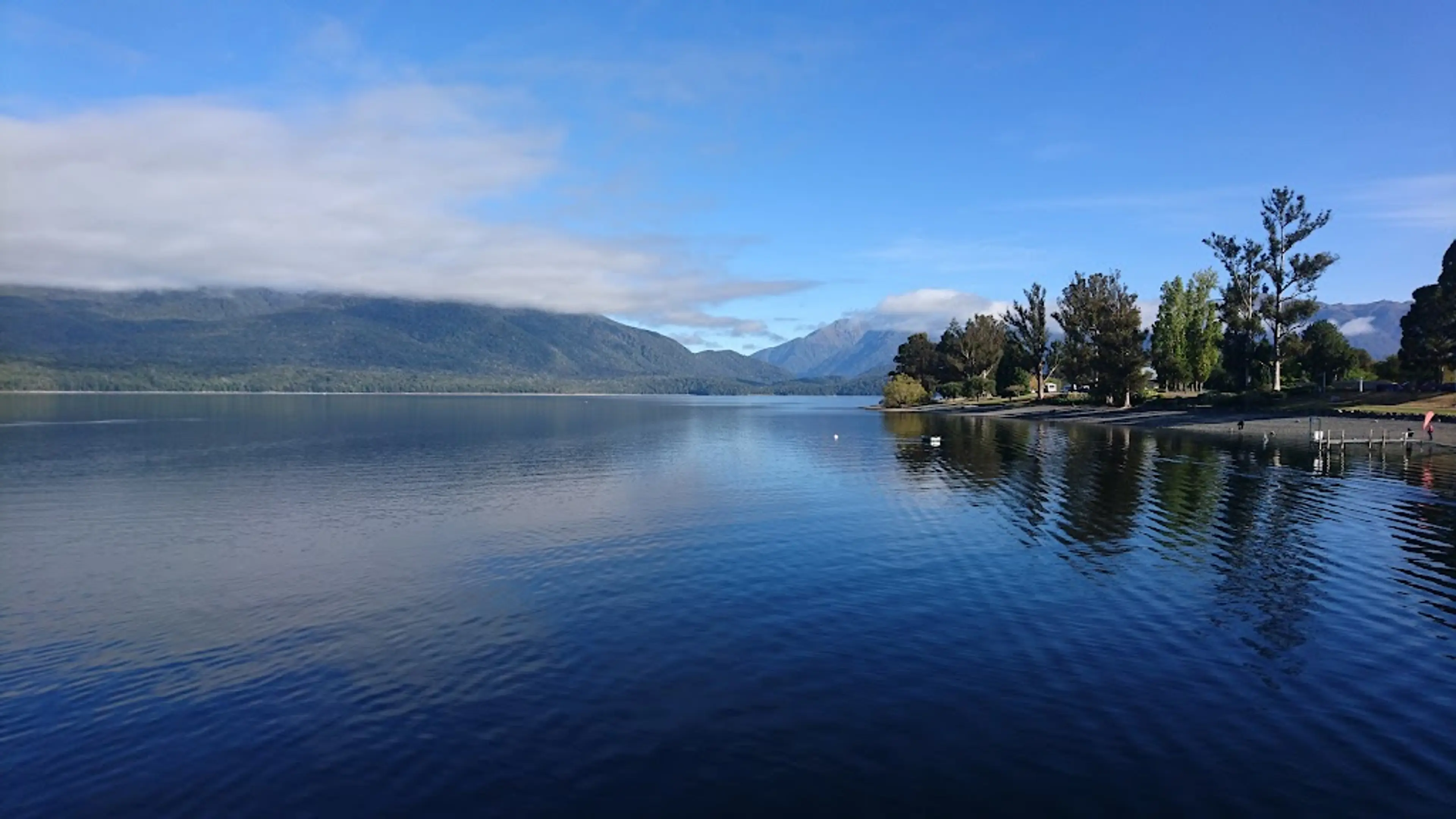
Te Anau
The gateway to Fiordland National Park, known for its glowworm caves and beautiful lake views.
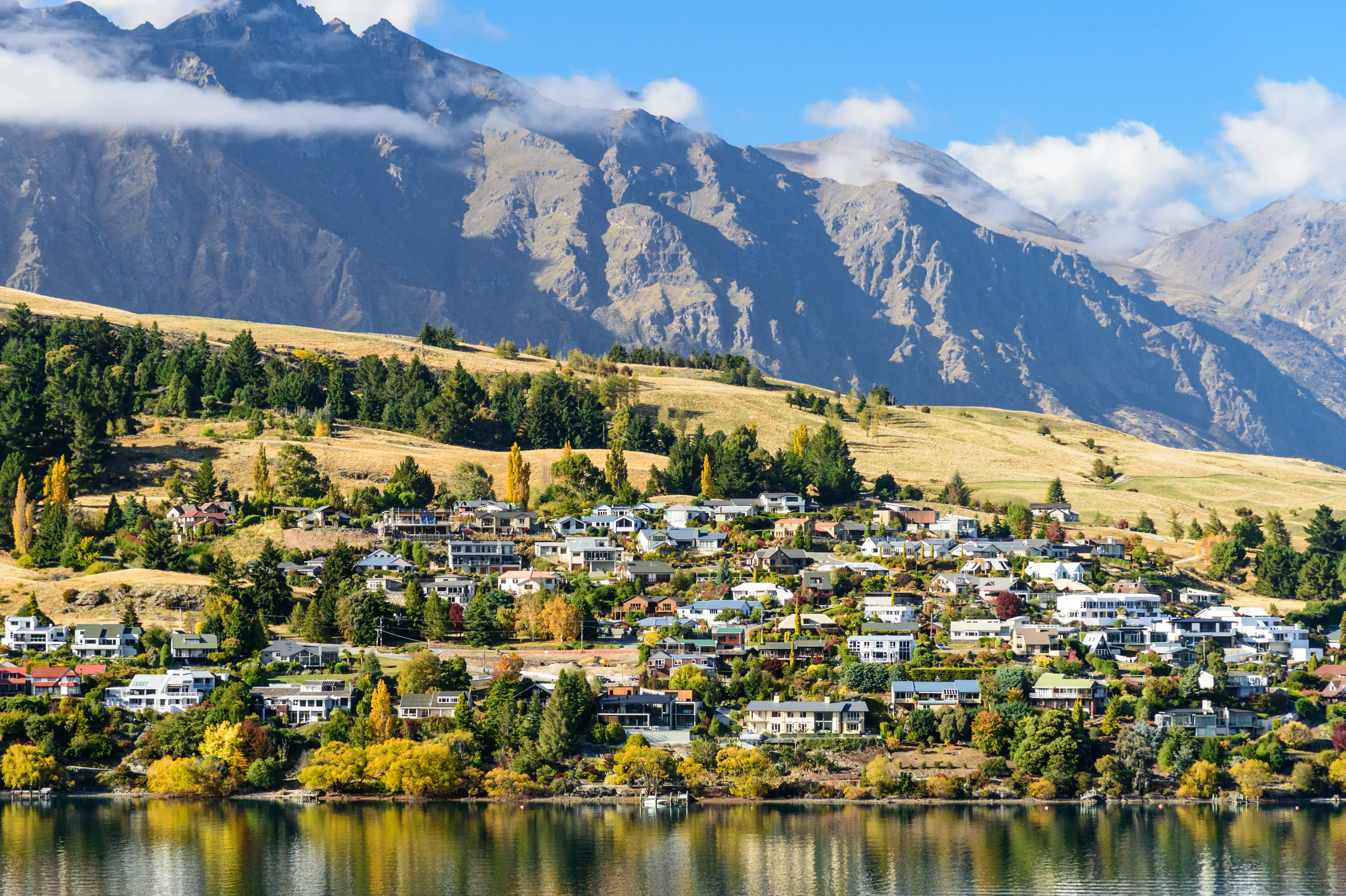
Queenstown
A resort town in Otago known for its adventure and ski tourism.
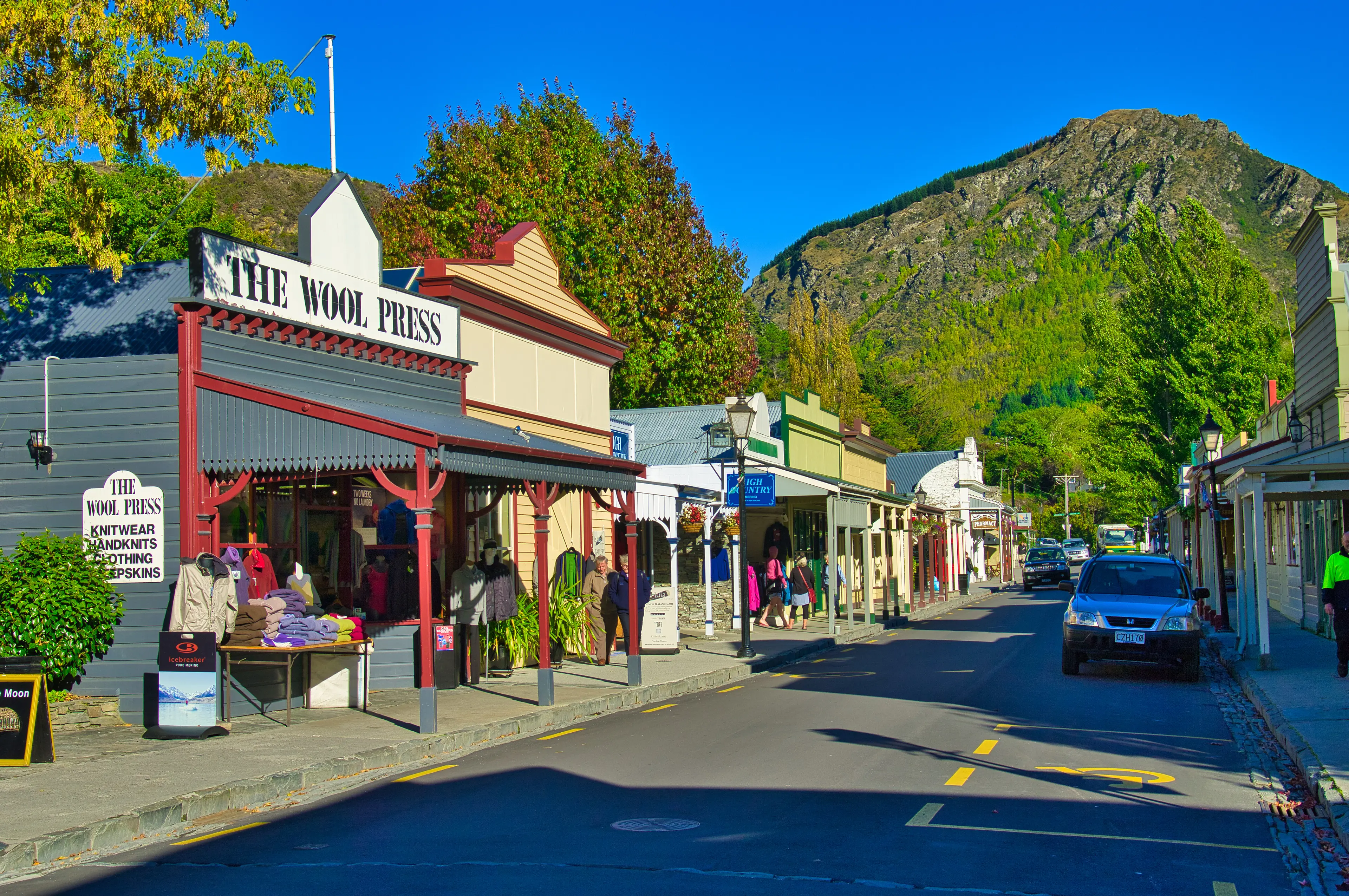
Arrowtown
A historic gold mining town in the Otago region.
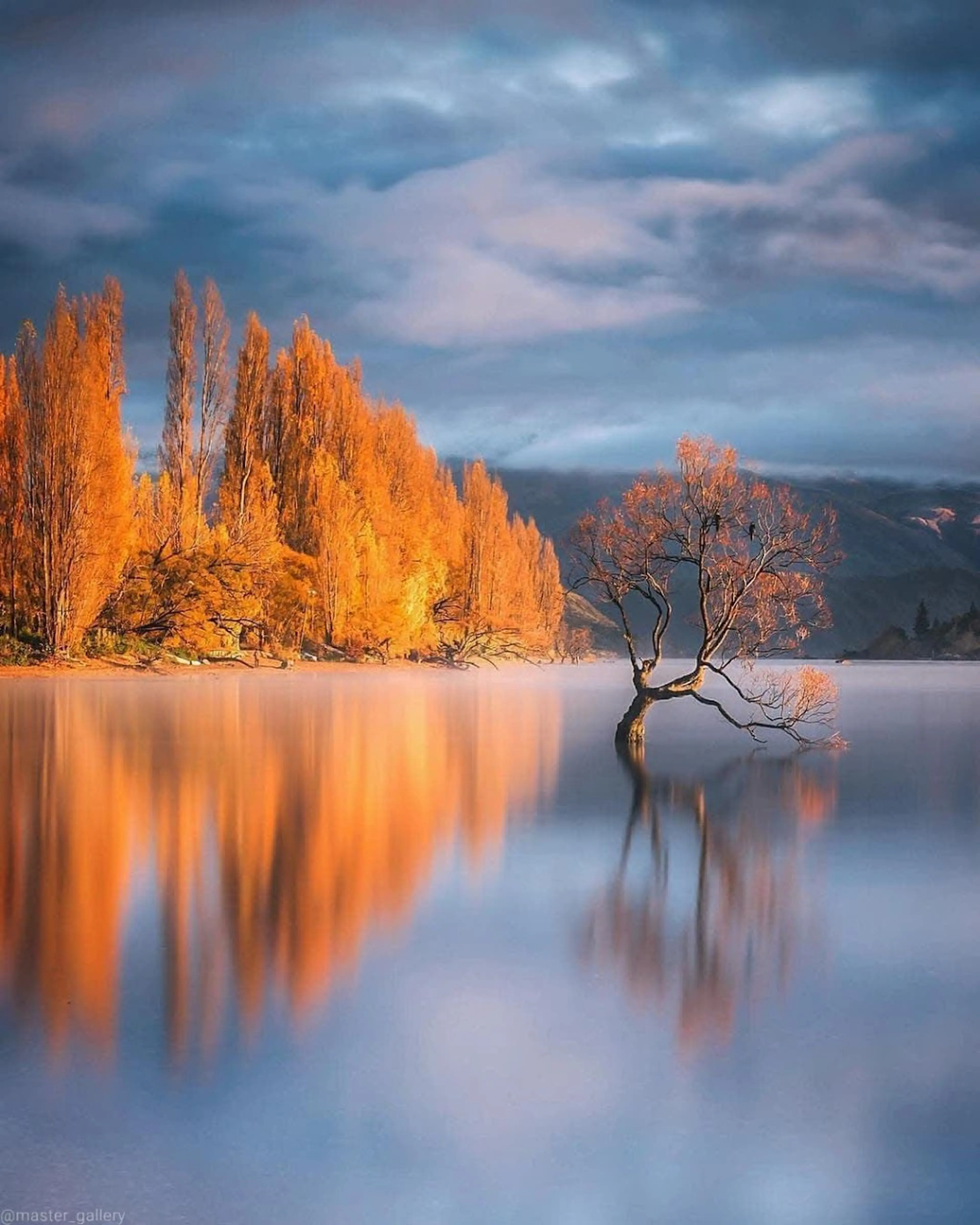
Wanaka
A popular ski and summer resort town, known for its outdoor activities.
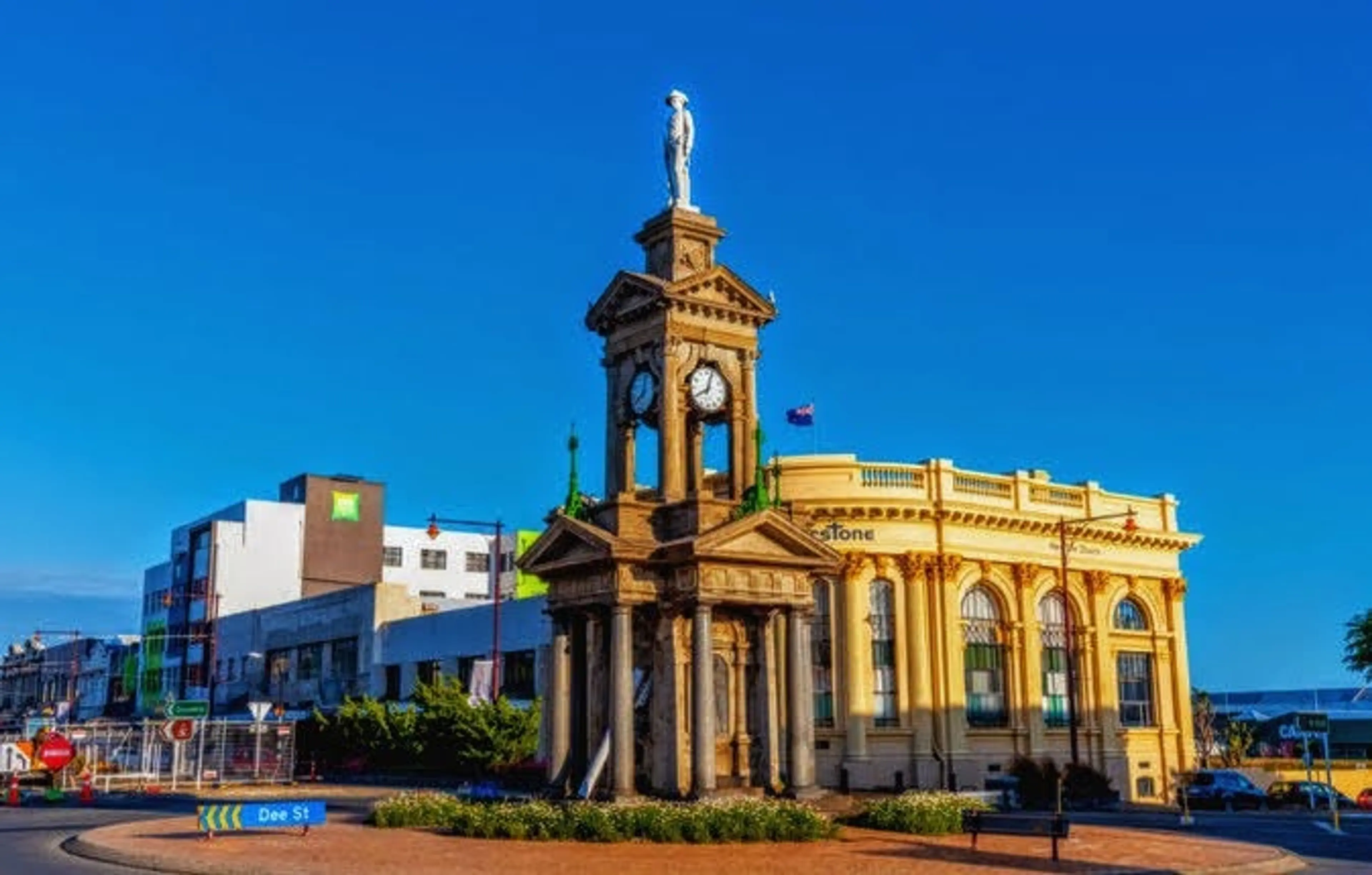
Invercargill
The southernmost and westernmost city in New Zealand, known for its Victorian and Edwardian architecture.
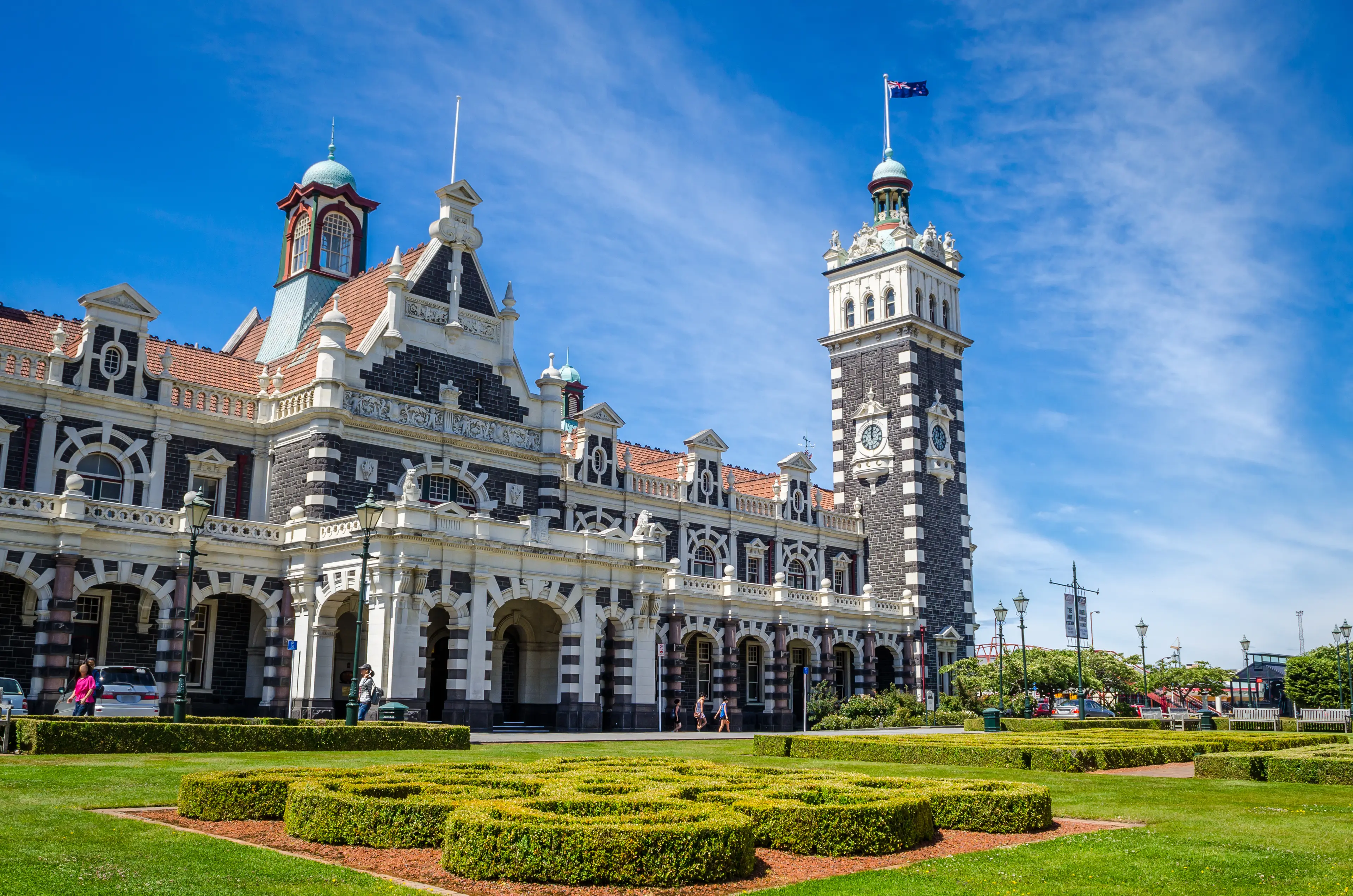
Dunedin
Known for its Scottish and Maori heritage, Victorian and Edwardian architecture.
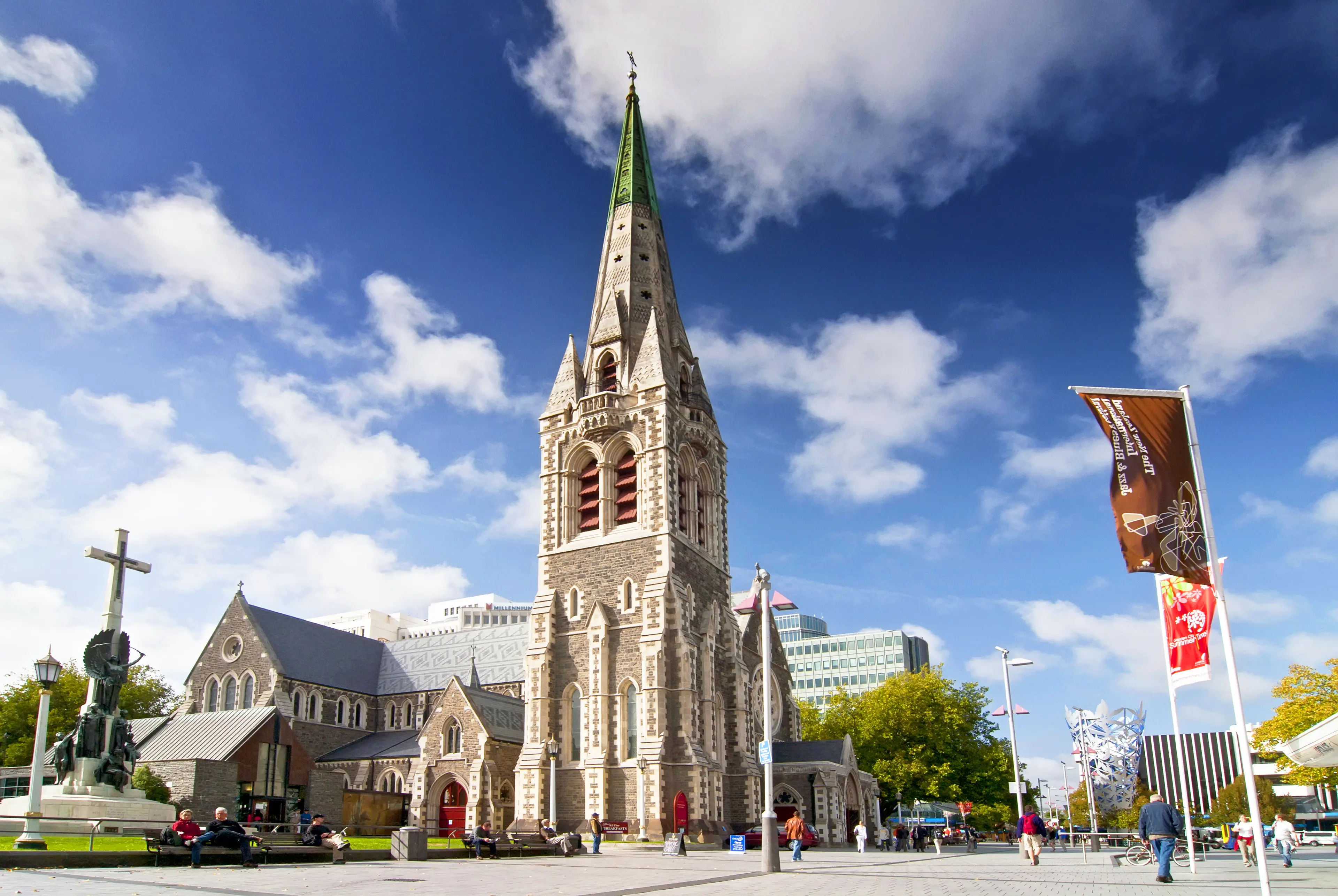
Christchurch
The largest city in the South Island, known for its English heritage and urban regeneration.